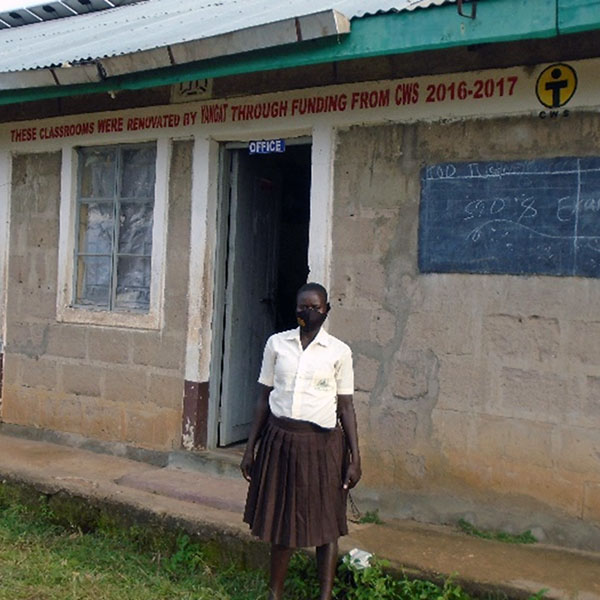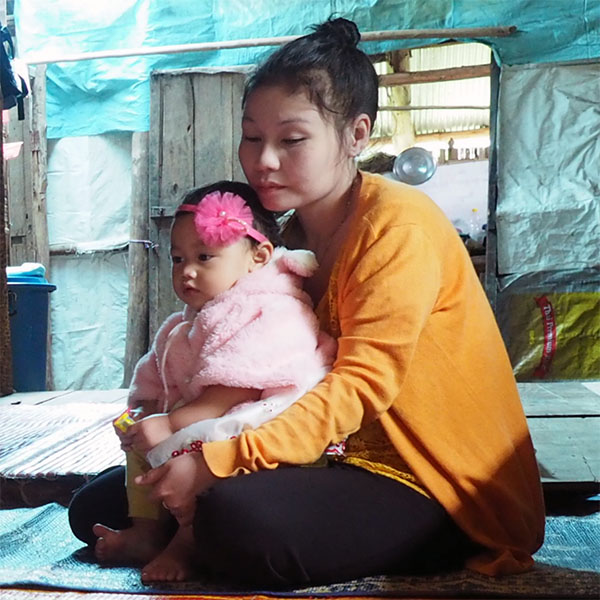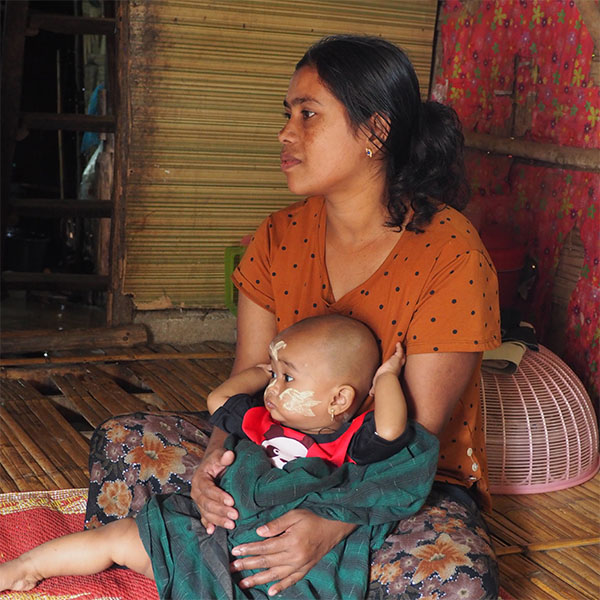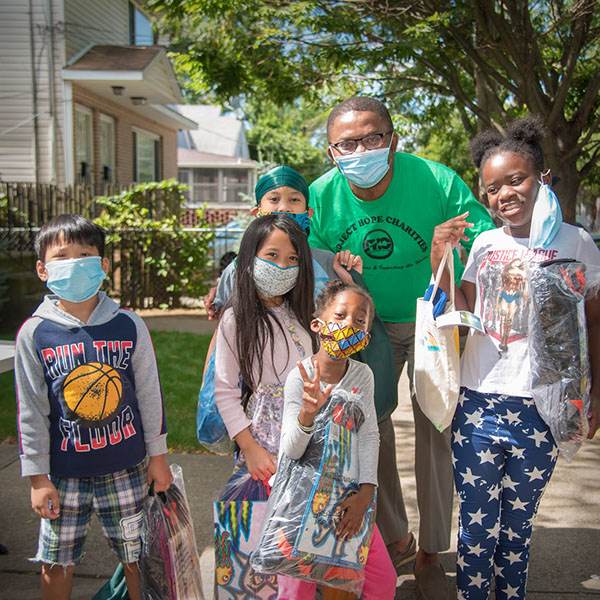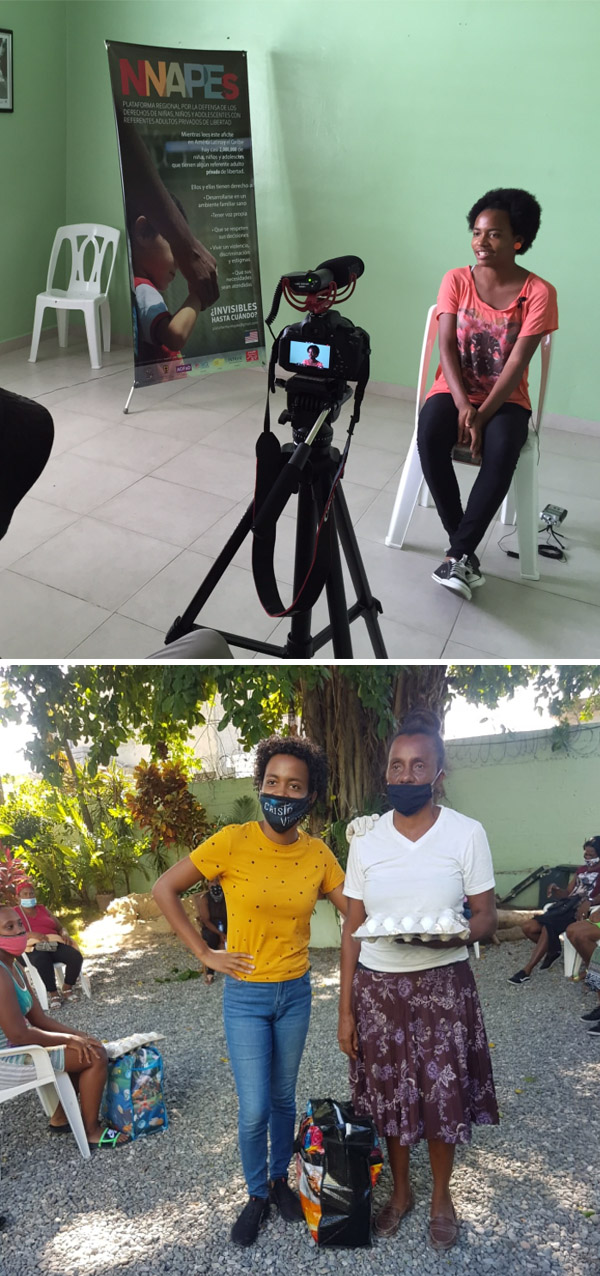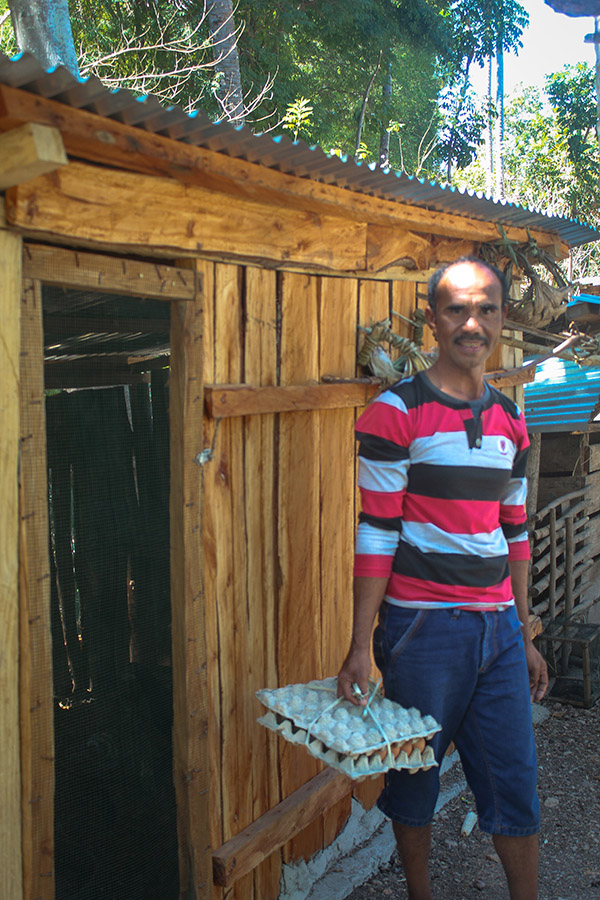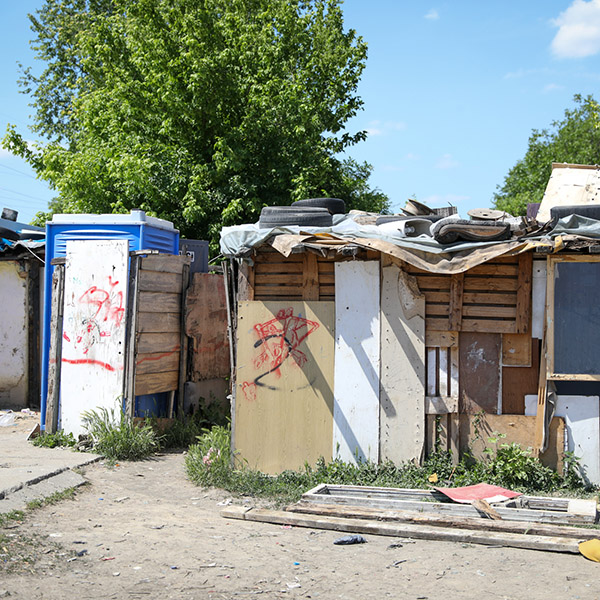Six years ago, local farmer Jim Mumaw and his daughters Holly and Katherine started mentoring a group of refugee youth including Robel and Mickey. The Mumaws taught them how to raise sheep and show them at the Rockingham County Fair. When Mickey’s family came to the United States as refugees from northern Ethiopia, they were looking for local places to …
Stories of Change

Mercy washes her hands at a water point at Ngengechwo Primary School.
Water Access & Bathrooms Allow Girls in Kenya to Focus on Their Futures
Water is a top priority in arid communities around the world. And the part of western Kenya where Mercy lives is no exception. Mercy’s community is largely made up of livestock farmers.
Unfortunately, it’s also a community where girls have a huge disadvantage. The chances of a girl finishing school are slim. Girls are expected to care for their families and younger siblings. And considering that schools are usually far away from where families live, just getting to and from school every day can be dangerous and prohibitive. Girls as young as 12 are married off to older men.
Mercy is a boarding student at Ngengechwo Primary School, which is part of a CWS education program. She recalls how she and the other girls would go to a community water point after school each day to bring back water for their evening and morning. It was a long walk to the one community borehole that served both people and livestock. “It was stressful to fetch water, since herdsmen put their livestock first before women or school children,” she says. “We had to wait until all the animals were watered before we could fetch our water and go back to school.” Sometimes the men would harass the girls, and forced marriages sometimes came out of these interactions.
Back at the school, bathrooms were also a problem. There was only one latrine for boys and one for girls. When you had to go, you often had to wait in a long line. Many students used nearby lands instead, which led to high levels of diarrhea and water-related diseases. It was unsanitary, unsafe and undignified.
CWS teamed up with the school management and parents to address these challenges. Soon there were more bathrooms. The school now has huge water tanks, and the water is tapped to several water points on the school grounds. Mercy, who is now 15, says she has seen a huge change in herself and her fellow students. She says that all the students now use the bathrooms. “Proper personal hygiene has improved amongst us,” she says. “Dignity can also be observed on our faces, since we have washrooms where we can change and dispose of used sanitary pads without anyone knowing.”
“Life has changed and become much more comfortable at our school,” Mercy says. “Many thanks to CWS for these wonderful projects in our school.”
Soon, Mercy will sit for Kenya’s Certificate for Primary Education. This is a huge step for girls from a community where many of their peers are forced to drop out due to early marriage or pregnancy. We’re proud to be able to help Mercy and her peers as they focus on what’s important: reaching their potential.


